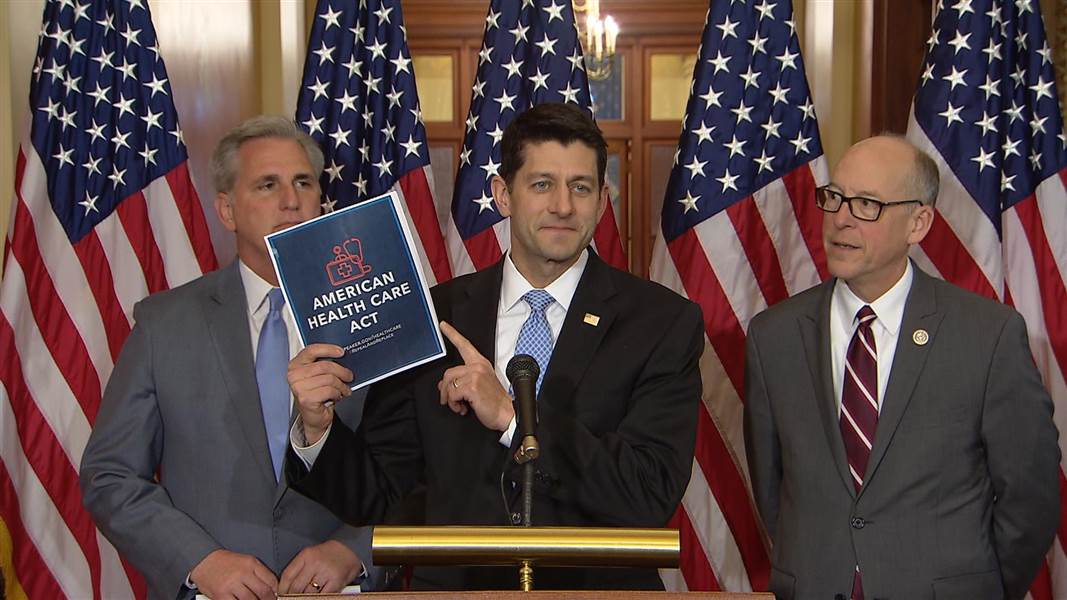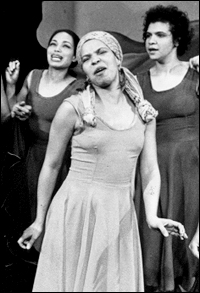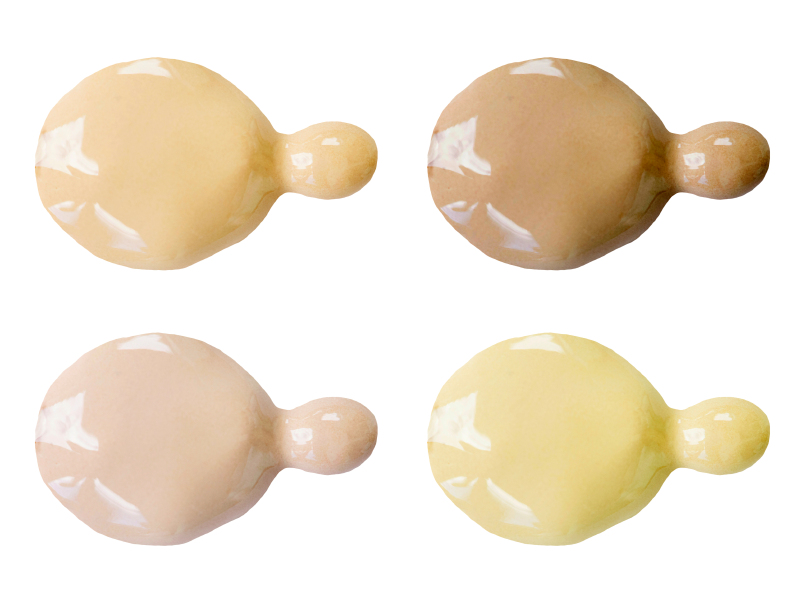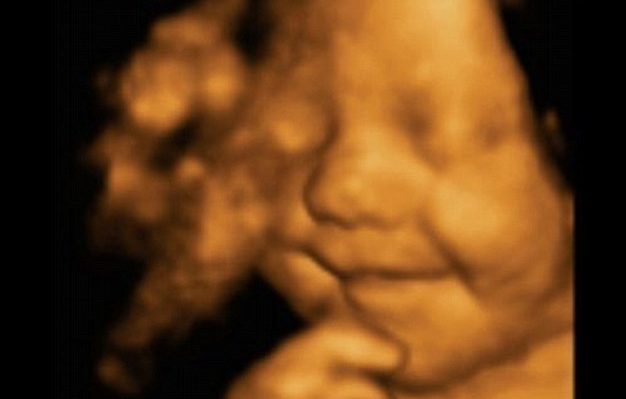If you were pregnant and found out you had Zika would you keep the baby? A friend asked me this when I was in Ghana. I told her I wouldn’t because my personal beliefs wouldn’t allow me to bring a child into the world knowing it would have tremendous challenges that might not be solve-able. I would not let my personal longing to be a mother overshadow a desire to provide any child I had with the most pain-free life I could manage. This is, of course, a strictly personal perspective on things. My friend’s differed. She said she would have the baby because of her religious convictions. In her eyes a life was a life, life began at conception and it was not her call to decide who was healthy enough to be brought into the world. But, she added, the only African country that had seen any Zika cases was Cape Verde and it wasn’t close enough to Ghana for the choice to even ever come up for her.
Now, there is a fervent debate about the role of abortion in the Zika crisis. In the 49 countries where the virus has been detected, most of which are in Latin America and the Caribbean, abortion is criminalized except in cases of rape, incest, and an intense threat to the mother’s life. Abortion has always been a touchy subject. For me it’s a personal subject because I have always been fiercely pro-life. Fiercely. I believe a woman has every right to decide whether she wants to incubate something in her body for the better part of a year and any attempts to deny a woman that right is a violation of her very humanity. Of course, several people disagree. I respect their right to. In a lot of cases I understand their rationale and am moved by their conviction. However, I believe their opinions cease to matter where my personal liberty starts and that no one can dictate anything to me where bringing a child into the world is concerned. Particularly when there is so little help from the people making all that noise, once I birth said child.
My friend is one of those people who believes that when it comes to unwanted pregnancies adoption is the answer. No one says you should be saddled with a kid you are not ready for for whatever reason. Just don’t rob the world of another human being when there are people out there who will want it. I disagree with this line of thinking. Carrying something in your body comes with a lot of hormonal, psychological and sometimes emotional turmoil and no woman should be subjected to this without her complete agreement. Giving birth to a child and giving it away is not as simple as letting someone borrow your handbag or donating clothes that no longer fit you to Goodwill. It’s a fraught process for some and women need to be able to decide whether they want to gift the universe with a baby or not.
With adoption off the table my friend’s next argument was the emotional effect abortions have on women. Here, for me, I told her, the argument starts getting patriarchal. For some women the only emotion that accompanies terminating a pregnancy is relief and gratitude. For others there is a slew of complex emotions that they have to manage with whichever coping mechanisms they have. However, no one has a right to police women’s freedoms to make decisions they might, on occasion, feel ambivalence about. Particularly when that discomfort is largely caused by demonization from the same people who want to police those freedoms. Part of the privilege that comes with being a sentient being is the ability to make decisions and deal with the consequences.
All of this said however, I wish there was a more nuanced discussion about abortion. Particularly after my own personal experience with one. How I came to have an abortion is a simple yet complicated story. I used to be a walking ad for condom use. I fell in love with a man with whom I judiciously used them for a year. Then one day one ripped. A month later another one ripped. Those incidents didn’t make me pregnant but they allowed the argument that the condoms weren’t really doing their job and a combination of the Fertility Awareness Method and pulling out would be more judicious. I had severe doubts but I was in love and in lust and I got caught up in the rabid physical desire and how much better the sex felt. Every month I didn’t get pregnant I became less and less concerned about the possibility of an oopsie. Then I discovered an ovarian cyst and lost my left ovary when I had the cyst removed so the possibility of a pregnancy became even more remote in my mind. Ironically, I started having some severe pelvic pain a year after the ovarian surgery and it was after being diagnosed with endometriosis that the unthinkable happened. I got pregnant. My boyfriend, by then my ex, was in no way ready to have a child. Neither was I. More importantly, I didn’t believe his behavior during our relationship indicated that he was someone I could co-parent with successfully. Okay, cool. We’d just go ahead and do something about the problem then. I was pro-choice. I was a feminist. It would be easy and efficient. It wasn’t.
First came the shame. It was unexpected. What shame? I had done nothing wrong. But a large part of me was disappointed in myself for compromising my sexual health and becoming a “statistic,” another “stupid” person who knew they didn’t want a kid but were too lazy or irresponsible to be proactive about preventing it. Though I had never known that I was judgmental about accidental pregnancies, once I got pregnant the self-loathing I felt made it clear that I supported a woman’s right to choose as an activist ideal but thought of it as a reality that didn’t personally apply to me. Other people accidentally got pregnant. Not me. Not someone who had such a responsible attitude where sexual health was concerned.
Next came the fear. Though I knew for sure I didn’t want the baby, I agonized. I cried. I was missing an ovary and had endometriosis. What if this was my one kid and I robbed myself of the chance to have it? What if I was over-estimating my unpreparedness? Was there really ever a perfect time to have a kid? Couldn’t I and my ex figure out a way to co-parent? My mother thought my having a child was a wonderful idea. My new gynaecologist, who performed the pregnancy test, had printed out a picture of the ultrasound and given me the black and white image of what looked like a tiny peanut floating in a giant slice of pizza. “Look, this is your child,” he had said with all the manipulative guilt-tripping he could muster. When I said I wouldn’t be having the kid he had clasped a hand to his throat and said I was breaking his heart. Why couldn’t I have the kid? With all my gynae problems I might never get pregnant again. The child was a gift from God.
Now I had gone from shame to fear to guilt. The pressure was coming from all directions. I floated in a fog of doubt. But I knew my reality. I wasn’t ready. So I decided to have the abortion. I was a feminist. I was pro-choice. It would be drama-free. It wasn’t.
I was only three weeks along so a surgical abortion, the operation where the doctor goes in and evacuates the foetus and you go on your merry way wasn’t possible. The foetus was too small. They might not be able to make sure they had gotten it all. So a medical abortion was the only option available to me. Two pills, Mifepristone and Misoprostol, one swallowed, one inserted. My body would expel the foetus and it would be as if I had had an early miscarriage. No anesthesia, no hospital, just me and two tablets. Clean and quick. That’s what I told myself. By now you’ve probably noticed there’s a theme here: it didn’t happen that way. The process was torture. Nothing had ever hurt that much in my life. As my body cramped to expel that clump of cells every hair on my skin stood straight up. It felt like walking through fire. It felt like someone was peeling off my flesh with a scalpel. I was screaming, clawing at sheets on the bed, crying tears so big they felt like soggy grapes. I called the hospital, asking between gasps what I could do about the pain. The nurse on duty told me there was nothing they could advise me to take. After all, she said “It is supposed to hurt. If you don’t feel the pain, then you’ll do it all the time.” The slut-shaming hurt more than the tearing in my gut. I felt dirty. Judged. Exposed.
A day and many soaked pads later it was over. No baby. I had an ultrasound to confirm it. Yep. Empty picture, no peanut. Whew. Okay, now I could move on, I thought. But that didn’t happen. I fell into the deepest bowl of sadness. For months I walked around feeling like I was grieving something. Everything was bleaker, nothing had any edges or any color, no feeling was vivid, no pleasure was real. I was shocked at how sad I was. I was right to do it. I knew that. Why was I sad? What was I sad about? I still don’t entirely know. After about a year it passed. I still feel waves every now and again but they happen rarely enough that I am okay.
One would think this experience made me more uncertain about being pro-choice. Instead it strengthened my beliefs. Pro-choice people who didn’t find terminating a pregnancy easy have no room to talk about their experience out of fear that the pro-life lobby will use their sadness as evidence that abortions are harmful to women. They shouldn’t have to shroud their experiences in the shadows. The diverse experiences of terminating a pregnancy— from exhilaration in some cases, to an absolute neutrality in other cases, to a deep and abiding melancholy in cases like mine, to every shade of beige in between — should be shared. People who don’t think abortions should exist should be allowed to speak. People who need them should be allowed to have them. Women with Zika should have every option possible. As far as I’m concerned it’s that simple. And that complicated.
F.N. is a thirty something free-lance writer from Ghana. She goes back and forth between Accra and Washington, DC











